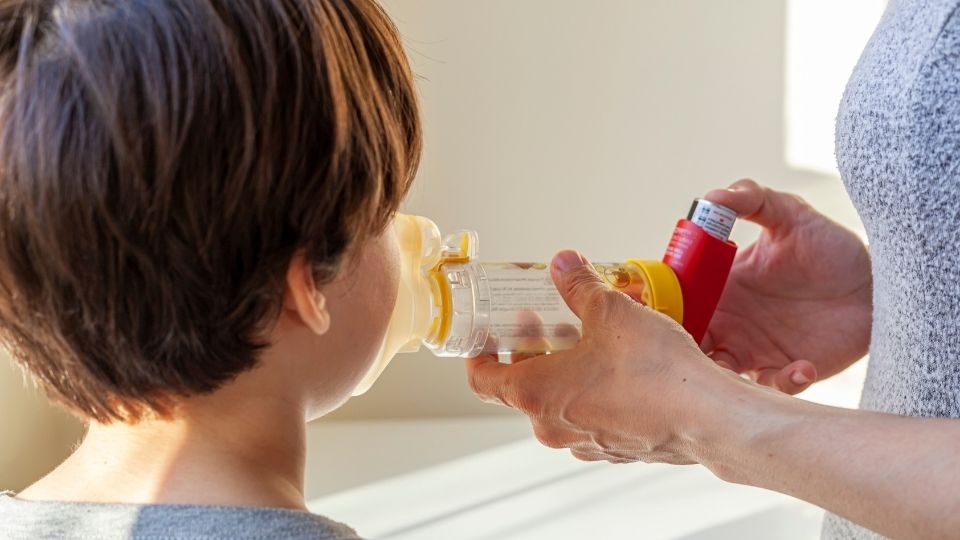Pediatric allergy is a condition that occurs when the children's immune system overreacts to normally harmless substances. This response occurs as a result of the immune response that develops against substances called allergens. Allergens may include foods, pollens, pet dander, dust mites, insect bites, and medications. Allergic reactions in children can present with various symptoms such as skin rashes, nasal congestion, watery eyes, itching, cough, shortness of breath and anaphylaxis.
Scope and Importance of Child Allergy
Child allergies can seriously affect children's quality of life and even be life-threatening. Allergic reactions can limit children's daily activities, cause school absences, and interfere with social interactions. Additionally, allergic reactions can worsen over time and lead to more serious breathing problems, such as allergic asthma.
Symptoms and Diagnosis of Child Allergy
Child allergy symptoms vary depending on the type of allergen and the child's immune system response. For example, if a child has a nut allergy, allergic reactions may manifest themselves immediately afterwards with symptoms such as lip swelling, itching, rash, shortness of breath, or vomiting. Diagnosis is usually made by an allergist or pediatrician through allergy tests (skin tests, blood tests), identification of the patient's symptoms and the allergen.
Treatment and Management of Children's Allergies
Child allergy treatment varies depending on the type and severity of the allergy and the child's general health condition. Treatment options may include allergen avoidance, medications (antihistamines, corticosteroids), allergy vaccination (immunotherapy), emergency treatment (epinephrine injection), and symptomatic treatment. Additionally, allergy education helps children learn how to deal with allergens and prevent allergic reactions.
Family Support and Psychosocial Care
Child allergies can have a significant impact on both children and their families. Families should be educated to help their children manage allergy symptoms and avoid allergens in daily life. It is also important to know how to deal with allergic reactions and what to do in situations that require emergency treatment.
Future and Advances
Research in the field of pediatric allergy is continuously making advances in allergy diagnosis and treatment. New treatment options, more sensitive allergy testing, and innovative approaches such as allergen immunotherapy help children manage their allergic reactions more effectively.




